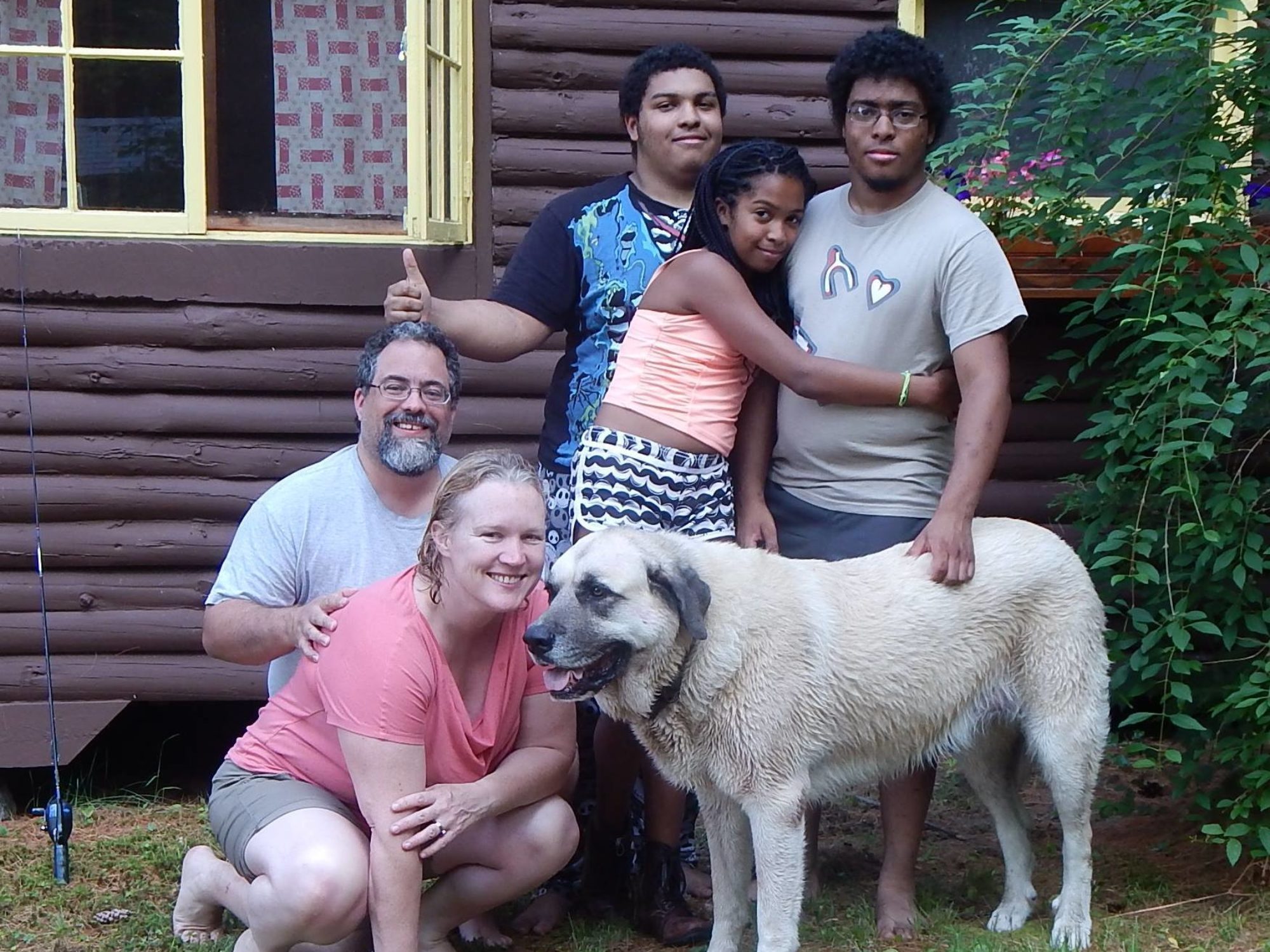I have several friends who love to study the history of the Bible, and who strongly believe that it’s vital to know all we can about the cultures we read about. I am inclined to agree. (One of these friends keeps stacks of Alfred Edersheim’s Sketches of Jewish Social Life to give away to interested fellow believers—and to kill mice.)
A few days ago, I was listening to a passage I’ve read scores of times in my lifetime, but this time I noticed something that I had completely overlooked:
1As he passed by, he saw a man blind from birth. 2And his disciples asked him, “Rabbi, who sinned, this man or his parents, that he was born blind?” 3Jesus answered, “It was not that this man sinned, or his parents, but that the works of God might be displayed in him. 4We must work the works of him who sent me while it is day; night is coming, when no one can work. 5As long as I am in the world, I am the light of the world.”
6Having said these things, he spat on the ground and made mud with the saliva. Then he anointed the man’s eyes with the mud 7and said to him, “Go, wash in the pool of Siloam” (which means Sent). So he went and washed and came back seeing. (John 9:1–7, ESV)
Notice the disciples’ question: “Whose sin was it that this caused this man to be born blind? Was it his or his parents’?”
The part that made me do a double-take was the question about whether it was the man’s own sin for which he was being punished. How can anyone sin before he or she is born?
Now, this gets fascinating. Just from the context of the passage, one can infer that some people (the disciples among them) believed God would punish the sins of parents by causing problems with the children. We can also infer that people believed God would punish a person’s sins directly. In both cases, such punishment could extend to causing physical disability. Another inference—perhaps the most unusual one to us—is that one could be born into a condition of punishment for his own sins.
The text also refutes an idea or two. One false idea, sadly believed by many who claim to follow the Bible today, was that all illness or disability is caused by God as punishment for sin, or, alternatively, by the oppression of Satan. Jesus clearly refutes the former case in his answer to the disciples.
What else can we directly infer from this passage alone? Not much.
How could someone who is not yet born sin? Did he commit some sin in utero?
What light does Scripture shed on these beliefs? The Old Testament talks about divine retribution, even such being passed on to the children of those God is punishing. So, we can see in Scripture the concept of the man being punished for his parents’ sins. (I merely mention the existence of this topic; much further elaboration would be required to address its applicability to a case such as this.) However, nowhere in Scripture do we see the idea of someone being punished for personal sins committed before birth. Was God being preemptive, punishing the man with blindness for something the man would later do?
Ultimately, Scripture does not answer the question about how someone could be born into a condition of punishment for his own wrongdoings. Here we must look to the historical context of the passage.
Albert Barnes’ Notes on the Bible, in this case apparently referencing the work of J.B. Lightfoot, summarizes the historical context of the disciples’ questions quite nicely:
It was a universal opinion among the Jews that calamities of all kinds were the effects of sin. See the notes at Luke 13:1-4. The case, however, of this man was that of one that was blind from his birth, and it was a question which the disciples could not determine whether it was his fault or that of his parents. Many of the Jews, as it appears from their writings (see Lightfoot), believed in the doctrine of the transmigration of souls; or that the soul of a man, in consequence of sin, might be compelled to pass into other bodies, and be punished there. They also believed that an infant might sin before it was born (see Lightfoot), and that consequently this blindness might have come upon the child as a consequence of that. It was also a doctrine with many that the crime of the parent might be the cause of deformity in the child, particularly the violation of the command in Leviticus 20:18.
So, from the larger body of Scripture, the local context of this passage, and some educated guesses, one might derive a number of correct conclusions about what relatively common beliefs were for the subject at hand; but, without examining other historical writings, one could never derive all the possibilities of what was believed—especially the possibility of the transmigration of souls, which is not at all referenced in Scripture.
Despite the fact that our churches extol the study of Scripture in its literal, historical, grammatical context, few believers are taught how to do such historical research, or even have the basic resources to know where to begin. This is compounded by the pseudoscholarly works that abound, produced by both modern skeptics who are willing to ignore history and unscholarly believers who equally ignorant of history—archeology seems to be especially problematic. (One of my favorites is the conclusion that pi is exactly three because it is rounded to that in 1 Kings 7:23.) Sadder still are the many pastors and teachers who believe that no cultural illumination is needed for events that occurred two to six thousand years ago. Although we certainly might be able to derive most of our doctrine sola scriptura, historical, cultural, and even archaeological study sheds light on so much that makes the Bible real.
I’ll conclude with one thought from Pastor Erik DiVietro, from his post about the contextual meaning of “the gates of hell”:
If anything, I think pastors should study history instead of theology. They should be immersed in the worlds (notice the plural) of the Bible and not in the systematic teachings of theologians who probably never cracked a history book except to get a random source for something they already believed. Knowing the languages and cultures in which the Scriptures emerged isn’t just a nice thing—it is a necessary thing. Otherwise, we are no better than the Medieval church that twisted the Biblical narratives to their own schemes.















